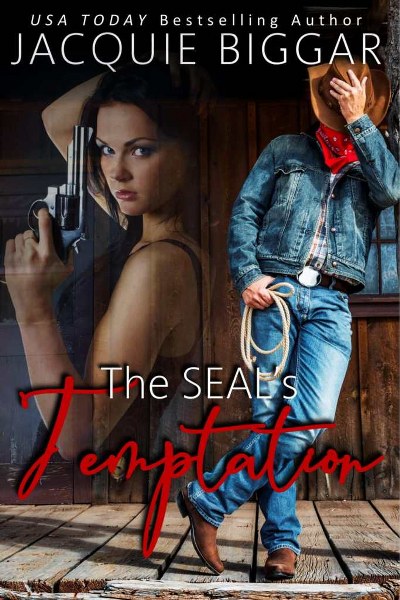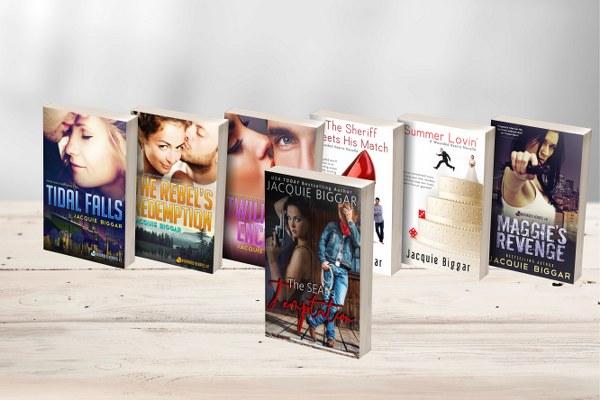If there’s one thing we scribblers know, it’s that writing is hard. It’s even harder if you’re a chronic procrastinator like me, and harder still if bad habits were formed in youth. You think you can skate by on minimal effort forever — and then you crash into the wall of real life.
This is what happened to me when I entered the workforce as a content writer. No longer could I hem and haw over English essays, or dive back into my WIP whenever I felt like it. Now I had to regularly produce thoughtful content that I couldn’t BS my way through.
I
needed to change my work patterns, and I knew it would take drastic measures.
To that end, I developed these five tactics to kill my unproductivity — and I’m
sharing them today in the hopes that they might help you as well!
1. Ensuring that distraction is not
an option
First
off, when it’s time to start writing, I literally remove every single
distraction from my purview. Iwork at a small table facing a window, with my back to the rest of the room. There’s nothing on the table except my laptop and coffee. And I use noise-cancelling headphones to keep from listening to my partner’s work calls instead of my inner creative voice.
If I know I’m going to be extra distraction-prone — often just as I’m starting a new project — I even make sure to have all my chores done the day before. That way, I can’t use the “productive procrastination” line to delay my writing, nor will I be distracted thinking about chores.
This segues into what actually tends to be the bigger problem for me, and I imagine for most writers: digital distraction. A minimalist workspace is all well and good, but it won’t save you from the perils of the internet! So when I have to make serious writing progress, I block distracting sites and put my Freedom.to into “Locked Mode”.
Yes,
some days I still have to turn off my WiFi completely. But 95% of the time,
blocking those distracting sites does the trick. The mere knowledge that
Twitter isn’t an option lends me the fortitude I need to focus.
2. Having someone else rely on me
Then again, sometimes it’s not enough to remove external distractions; sometimes you need external motivation as well. For me, this often manifests in the form of another person — specifically, someone who’s relying on me to get my work done.
Of course, you can’t always contrive this in your writing process. But I have learned to take advantage of it wherever possible, often collaborating with people on longer writing projects. It turns out that splitting work is not only more manageable from a quantity perspective, but also more personally incentivizing!
You may not typically work with others on your writing, but in my experience, it’s worth a try. If you’re struggling, rope in a friend or colleague! Even creating an outline together will force you to think about the structure and get you a little closer to actually writing it.
But
again, the true power of this tactic stems from having someone else rely on you
— so the more invested they are in the piece, the better. (And the more they
care about you, the nicer their
encouragement will be!)
3. Genuine interest in a project
Now let’s talk intrinsic motivation, namely in the form of personal interest — basically, the simple idea
that being interested in something will make you want to write about it more. The key here is that you don’t have to be an expert or a fanatic in order to find something interesting about your subject!
Indeed,
you can develop interest along the way — the more you research, the more
interested you’ll become. If there’s one element of your subject matter that
intrigues you more than the rest, dig into it. Even if this is only a blip in
your final project, it will increase your motivation to complete it. And once
you tap into your own enthusiasm, it will shine through in the prose.
On that note, you can also try rousing your enthusiasm for the act of writing itself. You might challenge yourself to match the tone of a certain work or the style of another writer. You could also set yourself a specific task, like coming up with evocative metaphors or a personal anecdote to back up your argument. The more fun you have with this, the more your readers will too!
The
good news is, if you’re publishing a book, you should already have seeds of
intrinsic motivation ready to sprout. Presumably, you started writing because
your interest in a subject or story made you want to share it with the world.
Even just reminding yourself of this could be all you need to reignite your
creativity.
4. Altering my physical state or
setting
Once again, this concept is pretty simple: if you’ve fallen into a slump, a physical shock to your system can trigger a similar mental response. I’m using the phrase “shock to your system” a bit loosely here — it can be something uncomfortable, like splashing icy water on your face, but it can easily be another physical change that spurs your brain into action.
For me, what I try depends on how I’m feeling. If I’m just a bit hazy, listening to a catchy song or opening the window for some fresh air might do the trick. If I’m really tired, I might require a strong cup of coffee or a few jumping jacks.
And on the other hand, if I’m feeling anxious or intimidated, I’ll do something to calm myself down. Breathing exercises can help, as can a brisk walk. I’ve also had some success writing with a glass of wine in hand — if this is an option for you, it may relieve some of the psychological blockages that often accompany writing. (“Write drunk, edit sober” is obviously not universally good advice, so do take it with a pinch of salt.)
Finally,
if these stimuli don’t work, you can alter your entire environment: go to the
library, a coffee shop, or wherever else you can write. You might be risking
distraction by leaving your office cocoon, but if you weren’t getting work done
anyway, you have nothing to lose!
5. A deadline with serious consequences
For my last trick, I’ll circle back to basics. Sometimes the only thing in the world that can get me to
write is a looming deadline — and the more real the consequences for missing it, the better.
This is easy to implement at work, where consequences may include: colleagues’ judgment, bosses’ lectures, and possibly even losing your job. It’s trickier to impose a deadline on yourself for a personal project… but again, as with everything else in this post, it’s not impossible.
You can join a writers’ group with a critique circle, most of which have time-sensitive guidelines. You can enter writing contests and submit to literary magazines with deadlines. You can even try to get a book deal in advance of actually finishing the book — though I personally wouldn’t recommend this strategy!
Indeed, take what you will from these motivational tips, whether you follow them to the letter or interpret them through your own lens. I only hope you’re able to finally vanquish your own procrastination demons and write freely, whatever that means to you.
Savannah Cordova is a writer with Reedsy, a marketplace that connects self-publishing authors with the world’s best editors, designers, and marketers. In her spare time, Savannah enjoys reading contemporary fiction, listening to audiobooks, and writing short stories.



































